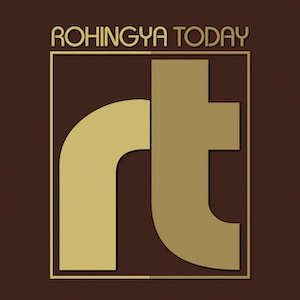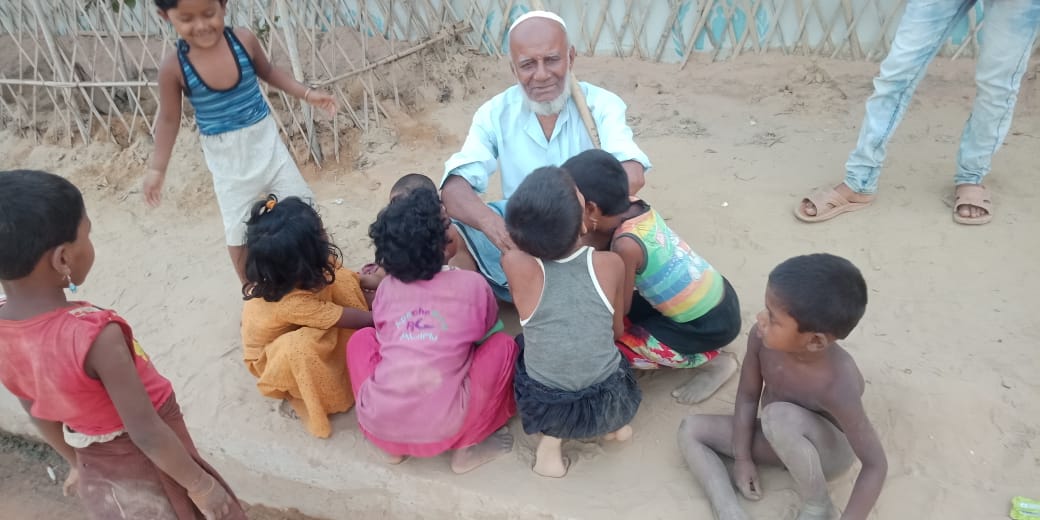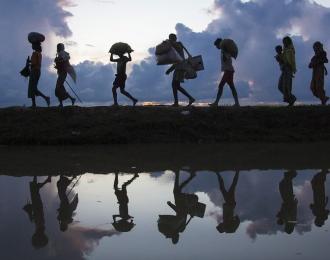
Rohingya Today
Largely unreported in the mainstream, media, Ethiopia, which hosts in the region of 900,000 refugees from countries such as Sudan, Somalia, Eritrea, Yemen and Syria has passed some of the most progressive refugee laws in the world earlier this year. Ethiopia is a signatory to the UN Refugee Convention. It enacted a Refugee Proclamation in 2004. This was replaced with Proclamation No. 1110/2019 in February this year. Although the 2004 Proclamation focusses on the general protection of refugees, the latter is a real attempt by the Ethiopian parliament to integrate the refugee population into society.
Part Four of the 2019 proclamation sets out the rights of refugees and asylum seekers which allows for the country’s refugees to live and work outside refugee camps, formally register births and marriages and access financial services. Section 28 of the proclamation allows for the freedom of movement of every refugee and Section 26 allows for recognised refugees to engage in wage earning employment. Furthermore, Section 24 allows for refugee children to receive the same treatment as accorded to Ethiopian nationals in respect of primary education.
The government of Ethiopia has not been able to take such progressive steps on it’s refugee policy without external assistance. The World Bank and the UNCHR have agreed to provide the country circa 350 million dollars in exchange for economic opportunities for both Ethiopians and refugees. This translates into a guarantee to initially provide at least 30,000 new jobs to refugees. The hope here is that the change in policy and the jobs compact can kick start a sustainable solution for both refugees and the host country.
At a time when many countries are proposing policies to reduce or stop migration, Ethiopia has taken a refreshing and dynamic approach to a growing problem in today’s world. Ethiopia is one of Africa’s fastest growing economies and there is real hope that the new laws will encourage integration and allow refugees to make the move away from camps and take up the opportunity to be self-reliant and even more so, boost the economy of the country. Indeed, UN High Commissioner for Refugees, Filippo Grandi on a visit to Ethiopia earlier this year reported “a unique approach to self-reliance of refugees where the government of Ethiopia has been extremely open to new approaches”.
Time will be the real test of whether the steps taken by Ethiopian lawmakers will benefit the country and it’s refugees. Nevertheless, in the current environment of anti-migrant sentiment, Ethiopia could prove to be model for refugee hosting nations. Although the Bangladeshi authorities have always maintained that the retention of the Rohingya within camps is a short-term solution, it is now clear that the crisis being faced is a long term one which requires a more durable, sustainable solution. Undoubtedly, efforts to implement a change of policy on the rights of Rohingya refugees in Bangladesh would face substantial challenges. However, with assistance from the international community, extending the rights of the Rohingya may just be the radical solution which should be explored to solve this urgent humanitarian crisis.
Ramiz Wahid is a Solicitor and Lecturer based in the UK.

![Locals evacuate Rohingya refugees from a boat that came ashore on the north coast of Indonesia's Sumatra island in June 2020. The UNHCR says the journey across the Andaman Sea last year was deadlier than ever before [Rahmad/Antara Foto via Reuters]](/sites/default/files/styles/grid_list_330x260_/public/2025-05/2020-06-25T000000Z_355446050_RC2CGH9LTK3V_RTRMADP_3_INDONESIA-ROHINGYA.jpeg?itok=V6ouOxeq)






